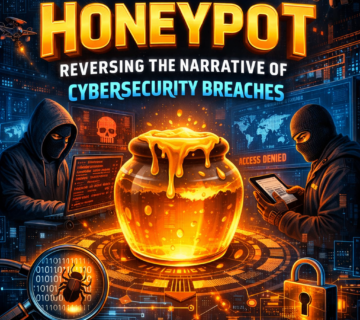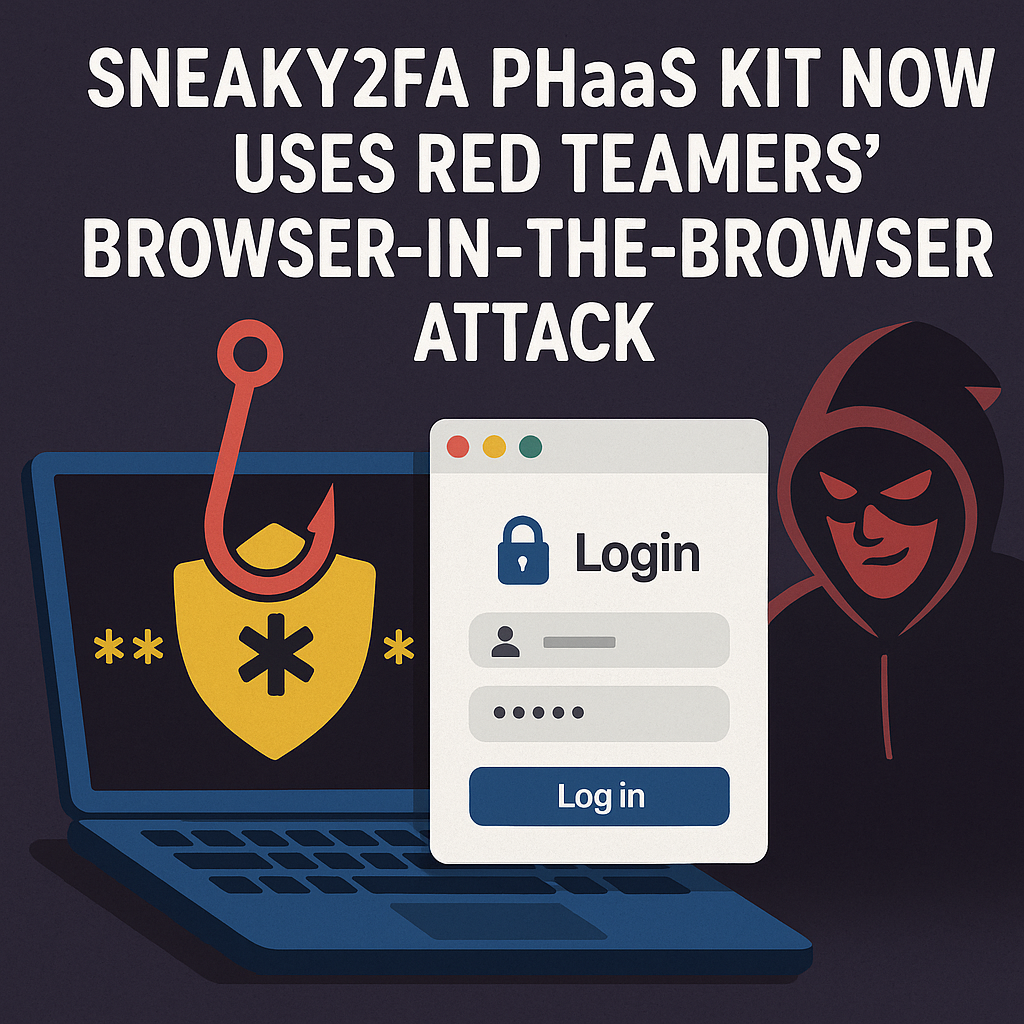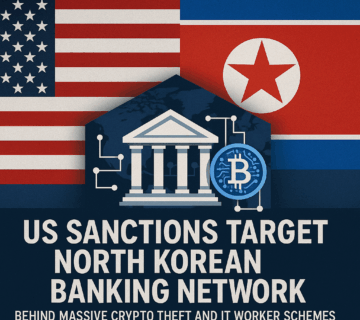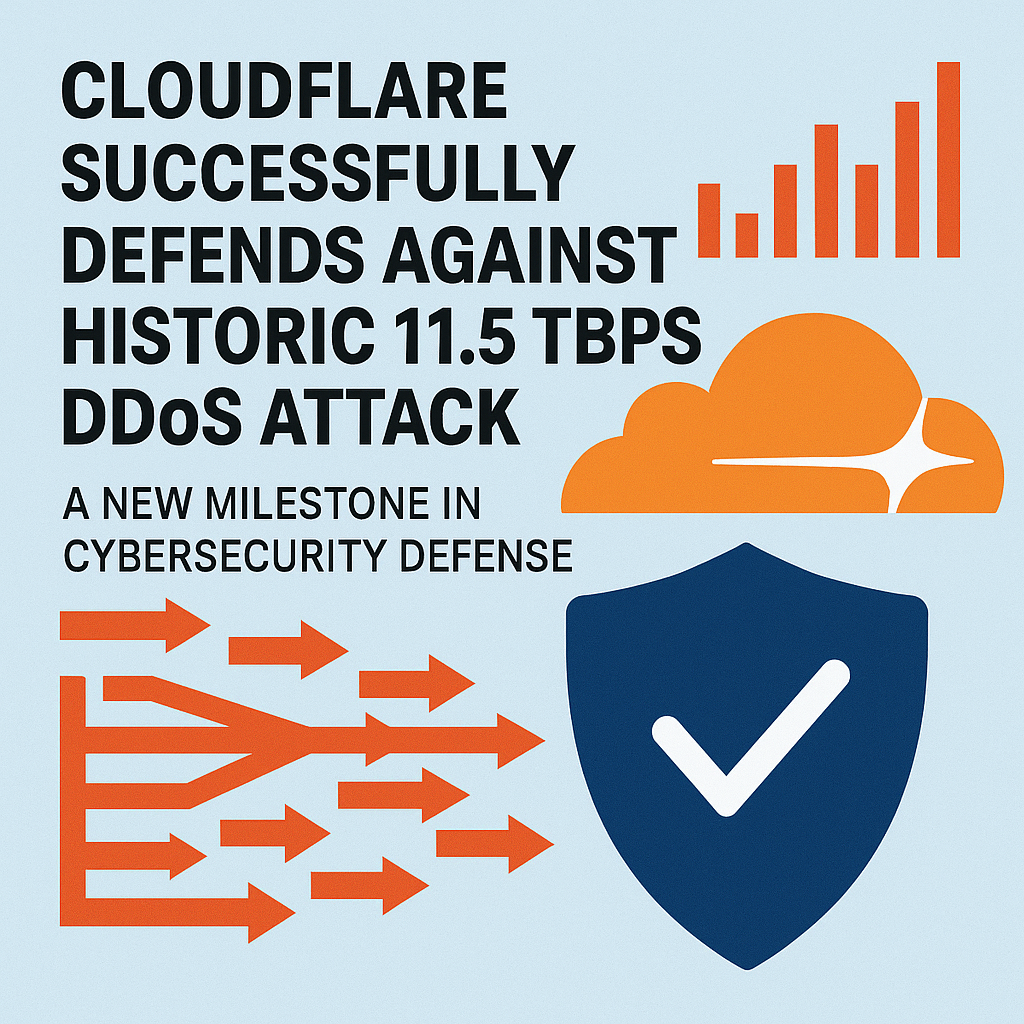Major Fintech Security Breach Exposes Vulnerabilities in Brazil’s Payment Infrastructure
🎙️ Dive Deeper with Our Podcast!
Brazil’s Pix System: A $130 Million Heist Attempt
👉 Listen to the Episode: https://technijian.com/podcast/brazils-pix-system-a-130-million-heist-attempt/
The financial technology sector faced a sobering reminder of cybersecurity vulnerabilities when hackers launched an ambitious attack against a prominent payment processor, attempting to steal a staggering $130 million through Brazil’s instant payment system. This incident highlights the growing sophistication of cybercriminals targeting financial infrastructure and the critical importance of robust security measures in protecting digital payment ecosystems.
The Anatomy of a $130 Million Heist Attempt
On August 29, 2025, cybercriminals executed a carefully orchestrated attack against Sinqia S.A., a Brazilian financial technology company specializing in banking software and IT services. The attackers successfully infiltrated the company’s environment within Brazil’s Pix real-time payment system, positioning themselves to execute what could have been one of the largest digital heists in recent history.
The fintech firm breach targeted Sinqia’s role as a payment processor for the Pix system, which serves as Brazil’s primary instant payment infrastructure. Since its launch by the Central Bank of Brazil in November 2020, Pix has revolutionized financial transactions across the country, enabling 24/7 instant fund transfers and becoming the most popular payment method among Brazilian consumers and businesses.
How the Attack Unfolded
The investigation revealed that hackers gained entry through a vulnerability that has become increasingly common in modern cyberattacks: compromised vendor credentials. The attackers obtained stolen login information for an IT vendor’s account, which provided them with legitimate access to Sinqia’s Pix environment.
Once inside the system, the cybercriminals attempted to conduct unauthorized business-to-business transactions involving two of Sinqia’s financial institution clients. The scope of their ambition became clear when the full extent of their attempted theft emerged—$130 million in unauthorized transfers.
The attack specifically targeted the infrastructure supporting 24 financial institutions across Brazil, demonstrating the attackers’ understanding of the payment system’s architecture and their ability to identify high-value targets within the network.
Swift Response and Damage Control
Upon detecting the suspicious activity, Sinqia immediately implemented its incident response protocol, which proved crucial in limiting the damage. The company promptly halted all transaction processing within its Pix environment and engaged external cybersecurity forensics specialists to investigate the breach thoroughly.
This rapid response likely prevented the full execution of the heist, though the company has confirmed that some portion of the attempted $130 million theft was successful. Recovery efforts are ongoing, with Sinqia working to reclaim the stolen funds, though the exact amount recovered remains undisclosed.
As a precautionary measure, the Central Bank of Brazil has temporarily revoked Sinqia’s access to the Pix system. The company is now working diligently to restore its operational status by providing comprehensive details about the incident and implementing additional security assurances required by banking authorities.
Industry Impact and Broader Implications
Evertec, Sinqia’s parent company and a major transaction processor serving Latin America, Puerto Rico, and the Caribbean, disclosed the incident in a filing with the U.S. Securities and Exchange Commission. The company acknowledged that both the financial and reputational consequences of the breach remain uncertain and could prove significant.
The incident has raised concerns about the security of instant payment systems globally, particularly as these platforms become increasingly central to national financial infrastructure. Brazil’s Pix system, which processes millions of transactions daily, represents a critical component of the country’s economy, making it an attractive target for sophisticated cybercriminal organizations.
Local media reports suggested that HSBC was among the affected institutions, though a bank spokesperson confirmed that customer funds and data remained secure throughout the incident. This clarification underscores the importance of distinguishing between infrastructure attacks and direct customer impact.
The Growing Threat Landscape
This attack exemplifies the evolving tactics employed by cybercriminals targeting financial technology companies. The use of stolen vendor credentials represents a trend toward exploiting trusted third-party relationships, which often represent the weakest links in otherwise secure systems.
The targeting of Brazil’s Pix system specifically reflects cybercriminals’ recognition of instant payment platforms as high-value targets. These systems process large volumes of transactions in real-time, making them attractive to attackers seeking to maximize their potential returns from successful breaches.
The sophistication required to navigate and exploit the Pix infrastructure suggests that this was likely the work of an organized cybercriminal group with significant technical expertise and resources, rather than opportunistic individual hackers.
Lessons for the Financial Technology Sector
The Sinqia breach offers several critical insights for financial technology companies and payment processors worldwide. The incident demonstrates that even well-established security protocols can be circumvented through vendor credential compromise, highlighting the need for enhanced third-party security management.
Organizations must implement comprehensive vendor risk management programs that include regular credential rotation, multi-factor authentication requirements, and continuous monitoring of third-party access points. The attack also underscores the importance of rapid incident response capabilities, as Sinqia’s quick action likely prevented a much larger theft.
Financial institutions should consider implementing additional layers of verification for high-value transactions, particularly those conducted through automated systems that could be exploited by attackers with legitimate credentials.
Regulatory and Security Implications
The temporary suspension of Sinqia’s Pix access demonstrates the serious approach taken by Brazilian financial regulators toward payment system security. This response sends a clear message to other financial technology companies about the consequences of security failures and the importance of maintaining robust cybersecurity measures.
The incident will likely prompt enhanced regulatory scrutiny of payment processors and may lead to stricter security requirements for companies operating within critical financial infrastructure. Organizations should prepare for potential regulatory changes and increased compliance obligations in response to this and similar incidents.
Looking Forward: Strengthening Financial Cybersecurity
As financial technology continues to evolve and instant payment systems become more prevalent globally, the Sinqia incident serves as a crucial case study in both the vulnerabilities and resilience of modern financial infrastructure. While the attack was partially successful, the swift response and containment efforts demonstrate that proper incident response protocols can significantly limit damage.
The financial technology sector must continue investing in advanced security technologies, including artificial intelligence-powered threat detection, behavioral analytics, and enhanced authentication systems. Regular security assessments and penetration testing should become standard practice, with particular attention paid to third-party integration points.
Frequently Asked Questions
What exactly happened in the Sinqia cyberattack? Hackers gained unauthorized access to Sinqia’s environment within Brazil’s Pix instant payment system using stolen IT vendor credentials. They attempted to steal $130 million through unauthorized business-to-business transactions between financial institutions.
How much money was actually stolen? While hackers attempted to steal $130 million, only a portion of this amount was successfully taken. Evertec has confirmed that some funds have been recovered but has not disclosed the exact amounts involved.
What is the Pix payment system? Brazil’s Central Bank introduced Pix, the country’s real-time payment platform, in November 2020 as an instantaneous financial transfer solution. It enables 24/7 instant fund transfers and has become the most widely used payment method in Brazil, processing millions of transactions daily.
Were customer funds affected? According to available information, customer funds and personal data were not directly impacted. HSBC, reportedly one of the institutions involved, confirmed that customer funds and data remained secure.
How did the hackers gain access? The investigation revealed that attackers used stolen credentials belonging to an IT vendor that had legitimate access to Sinqia’s Pix environment. This highlights the risks associated with third-party access to critical systems.
What immediate actions were taken? Upon discovering the malicious activity, Sinqia instantly suspended all payment operations within its Pix platform and brought in outside cybersecurity specialists to conduct a thorough investigation. The Central Bank of Brazil temporarily revoked the company’s Pix access pending investigation.
What does this mean for other financial institutions? This incident serves as a warning about the vulnerabilities in instant payment systems and the importance of robust vendor security management. It may lead to enhanced regulatory requirements and stricter security protocols across the industry.
Is the company’s access to Pix restored? As of the last update, Sinqia’s access to the Pix system remains suspended. The company is working with authorities to provide required documentation and security assurances to restore operations.
Could this happen to other payment processors? Yes, any payment processor or financial technology company with similar third-party integrations faces comparable risks. This incident emphasizes the need for comprehensive cybersecurity measures across the entire financial technology ecosystem.
What are the long-term implications for Brazilian financial infrastructure? This breach may prompt significant security enhancements to the Pix system and stricter oversight of payment processors. It could also accelerate the adoption of more advanced security technologies and authentication methods across Brazil’s financial sector.
How Technijian Can Fortify Your Financial Infrastructure
The Sinqia security breach demonstrates that even established financial technology companies remain vulnerable to sophisticated cyberattacks. Technijian offers comprehensive cybersecurity solutions specifically designed to protect financial institutions and payment processors from these evolving threats.
Our expert team specializes in implementing multi-layered security frameworks that address the exact vulnerabilities exploited in attacks like the one against Sinqia. We provide advanced threat detection systems, vendor risk management protocols, and rapid incident response capabilities that can mean the difference between a contained security incident and a catastrophic breach.
Technijian’s financial cybersecurity services include:
- Comprehensive vendor security assessments to prevent credential-based attacks through third-party access points
- Real-time transaction monitoring systems that can detect and halt suspicious payment activities instantly
- Advanced authentication protocols that go beyond traditional password protection to secure critical financial infrastructure
- 24/7 incident response services with cybersecurity experts who understand the unique challenges facing payment processors
- Regulatory compliance support to ensure your security measures meet and exceed industry standards
Don’t wait for a security incident to expose vulnerabilities in your financial infrastructure. Contact Technijian today to schedule a comprehensive security assessment and learn how our proven cybersecurity solutions can protect your organization from the sophisticated threats targeting the financial technology sector.
About Technijian
Technijian is a premier managed IT services provider, committed to delivering innovative technology solutions that empower businesses across Southern California. Headquartered in Irvine, we offer robust IT support and comprehensive managed IT services tailored to meet the unique needs of organizations of all sizes. Our expertise spans key cities like Aliso Viejo, Anaheim, Brea, Buena Park, Costa Mesa, Cypress, Dana Point, Fountain Valley, Fullerton, Garden Grove, and many more. Our focus is on creating secure, scalable, and streamlined IT environments that drive operational success.
As a trusted IT partner, we prioritize aligning technology with business objectives through personalized IT consulting services. Our extensive expertise covers IT infrastructure management, IT outsourcing, and proactive cybersecurity solutions. From managed IT services in Anaheim to dynamic IT support in Laguna Beach, Mission Viejo, and San Clemente, we work tirelessly to ensure our clients can focus on business growth while we manage their technology needs efficiently.
At Technijian, we provide a suite of flexible IT solutions designed to enhance performance, protect sensitive data, and strengthen cybersecurity. Our services include cloud computing, network management, IT systems management, and disaster recovery planning. We extend our dedicated support across Orange, Rancho Santa Margarita, Santa Ana, and Westminster, ensuring businesses stay adaptable and future-ready in a rapidly evolving digital landscape.
Our proactive approach to IT management also includes help desk support, cybersecurity services, and customized IT consulting for a wide range of industries. We proudly serve businesses in Laguna Hills, Newport Beach, Tustin, Huntington Beach, and Yorba Linda. Our expertise in IT infrastructure services, cloud solutions, and system management makes us the go-to technology partner for businesses seeking reliability and growth.
Partnering with Technijian means gaining a strategic ally dedicated to optimizing your IT infrastructure. Experience the Technijian Advantage with our innovative IT support services, expert IT consulting, and reliable managed IT services in Irvine. We proudly serve clients across Irvine, Orange County, and the wider Southern California region, helping businesses stay secure, efficient, and competitive in today’s digital-first world.





